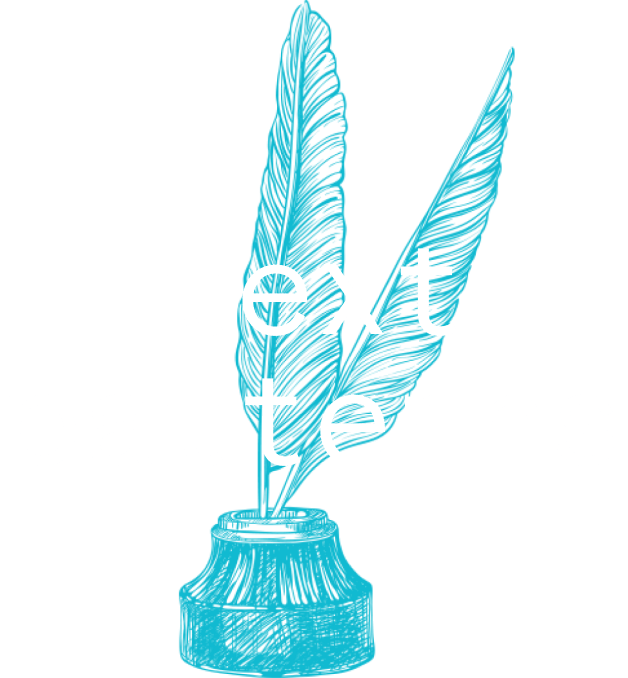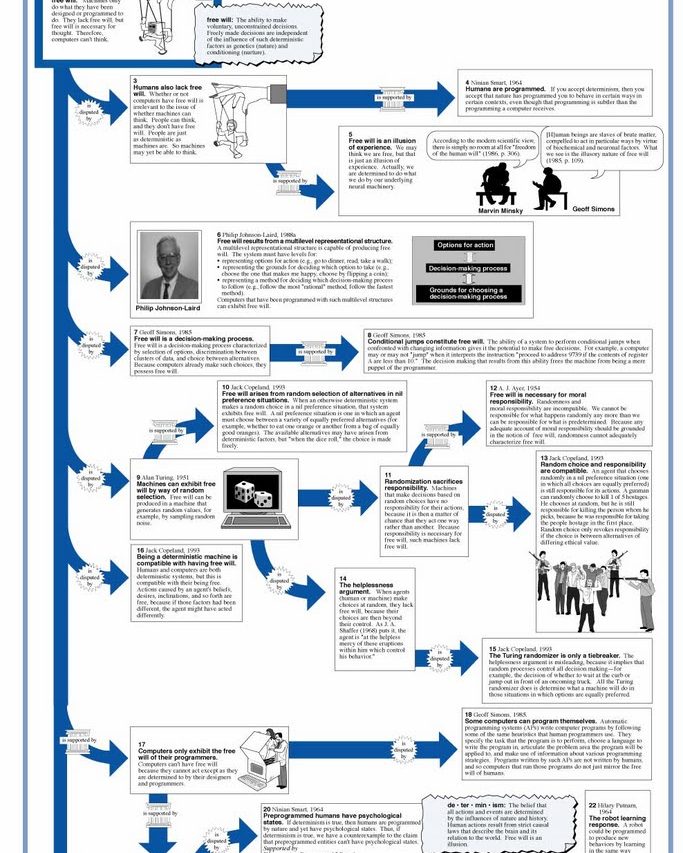August 31, 2010
issue maps
Via Scott McCloud. At least one of his examples shows how horribly these can be used to caricature arguments, but hey, that’s how it goes. Along these lines, I really like the visual representations of ideas-in-conflict on Debategraph.



